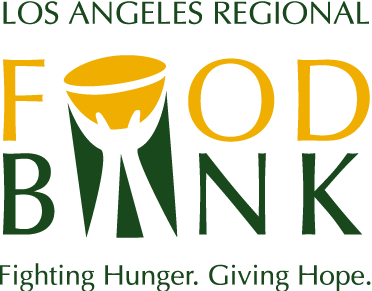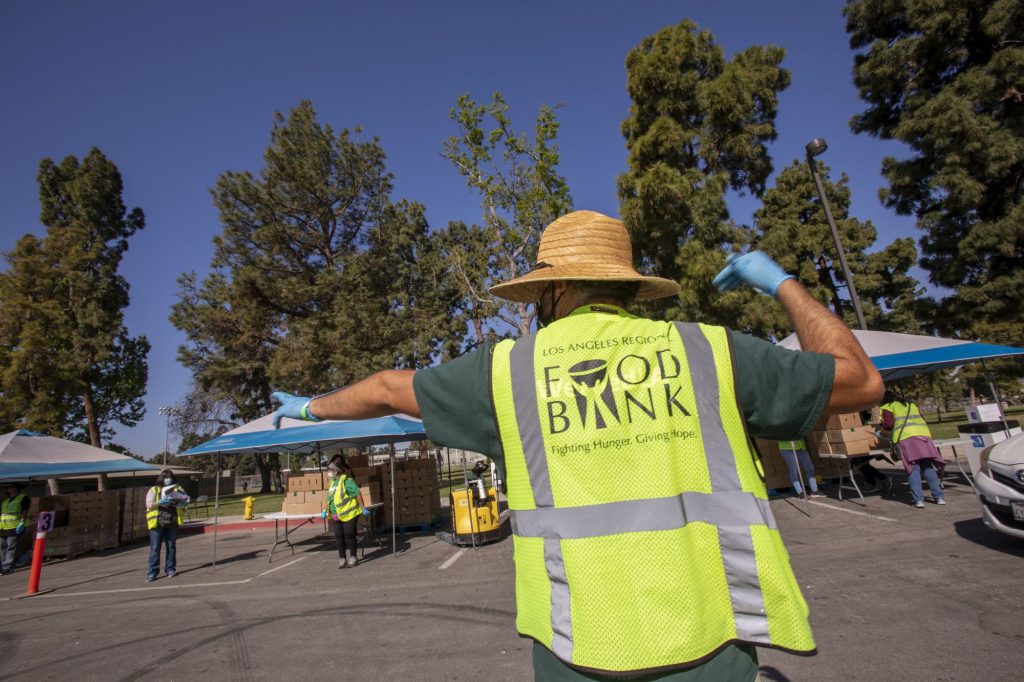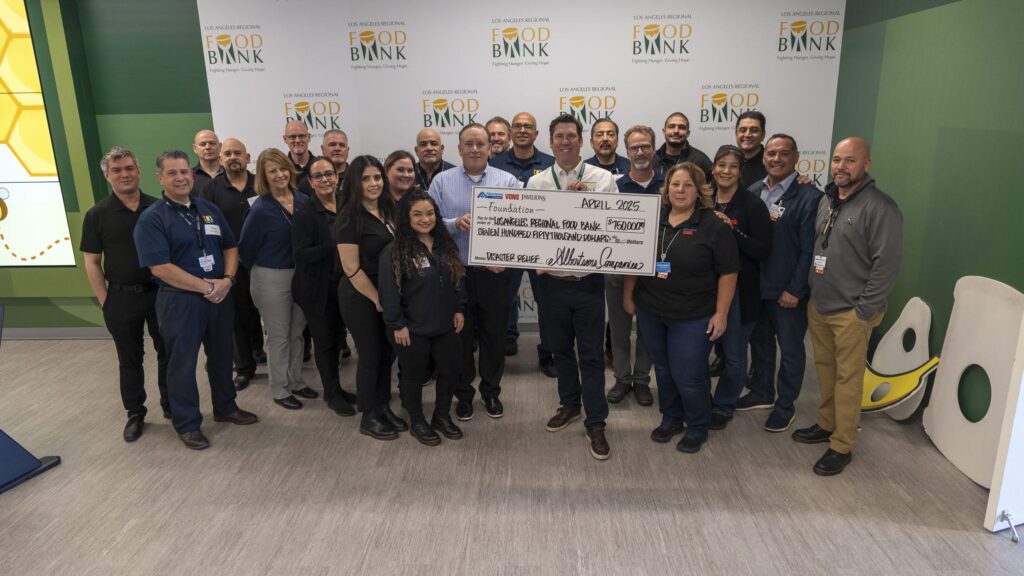Donating Funds (Not Just Food) is Critical in the Fight Against Hunger
Donating Funds (Not Just Food) is Critical in the Fight Against Hunger
Food donations are integral to food banks, including the Los Angeles Regional Food Bank. Millions of pounds of food move through the Food Bank’s warehouses weekly, including pallets of fresh fruits and vegetables, poultry, eggs, dairy products and other nutritious food items most needed by communities throughout the County.
The Food Bank acquires nutritious food products through partnerships with food and product donors. Food donors include growers, manufacturers, retailers and more. In many cases, Food Bank drivers pick up donations by the truckload, and other times, donations are dropped off at one of the Food Bank’s warehouses.
Utilizing potential excess food also helps fight food waste. In a world facing climate change, every step towards sustainability matters. The State of California has taken a significant stride in the fight against food waste and its adverse effects on the climate. With the passage of Senate Bill 1383 (SB 1383), the state aims to reduce organic waste in landfills by 75% by 2025, cutting methane emissions and setting ambitious goals to redirect 20% of edible food to our neighbors facing food insecurity. The bill mandates organic waste recycling programs, provides collection services for residents and businesses, and enforces penalties for non-compliance, fostering collaboration between local governments, businesses, and waste management entities.
While generous partners donate most of the food, roughly 10% is purchased. Purchasing food allows the Food Bank to create a more complete nutrition profile, supplementing what is donated. When purchasing, Food Banks can buy products wholesale at different points in the supply chain, making a canned item cost less if it is bought in bulk. This also curbs spending on the needed transportation and fuel.
How Can Individuals Help?
Individuals can contribute in various ways. Volunteering to glean fresh food and shelf-stable items or assisting at food distributions is a great option. Donating funds or starting a Team WeFeedLA fundraiser, which can be paired with a food drive, is also encouraged to support the Food Bank’s efforts, including paying our licensed drivers, warehouse team, and other professional staff. Other ways to give include participating in fundraisers, donating stock or cars, and planned giving.
What About Canned Food Drives?
Canned food drives, while well-intentioned, are less than ideal for food banks due to logistical inefficiencies and nutritional concerns. These drives often result in a mismatched assortment of items, including expired or nutritionally inadequate foods, which require additional sorting and disposal efforts. Moreover, the transportation and storage of canned goods demand significant resources and space. Financial donations are more efficient, allowing food banks to purchase fresh, nutritious food in bulk at lower costs, tailored to the specific needs of the community they serve.
Donating Funds Versus Food
Donating funds to a food bank is far more effective than contributing individual food items. Monetary donations enable food banks to purchase fresh, nutritious food in bulk at lower prices, ensuring a consistent supply of high-quality items tailored to community needs. Additionally, funds allow food banks to address specific shortages and operational costs, such as transportation and storage. Financial contributions also harness the multiplier effect, leveraging the vast amounts of donated food and volunteer hours to maximize efficiency. This synergy allows food banks to provide for communities in highly effective and impactful ways, making every dollar donated go further.





